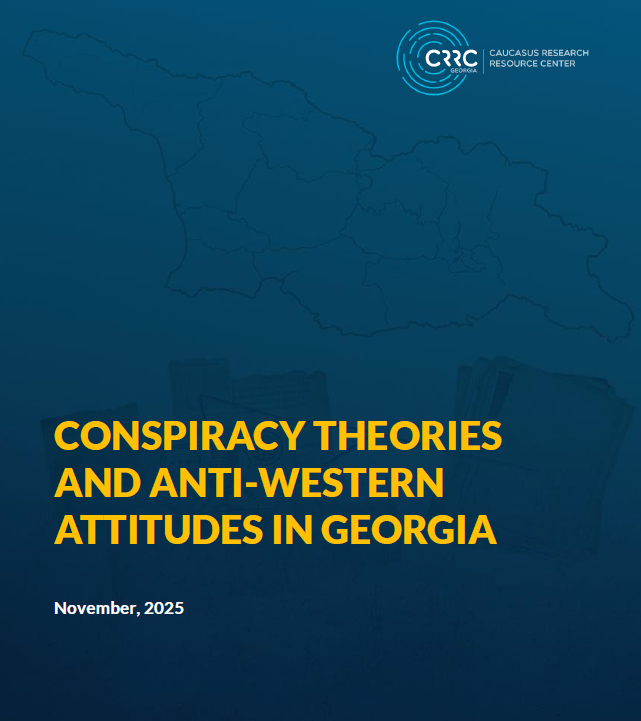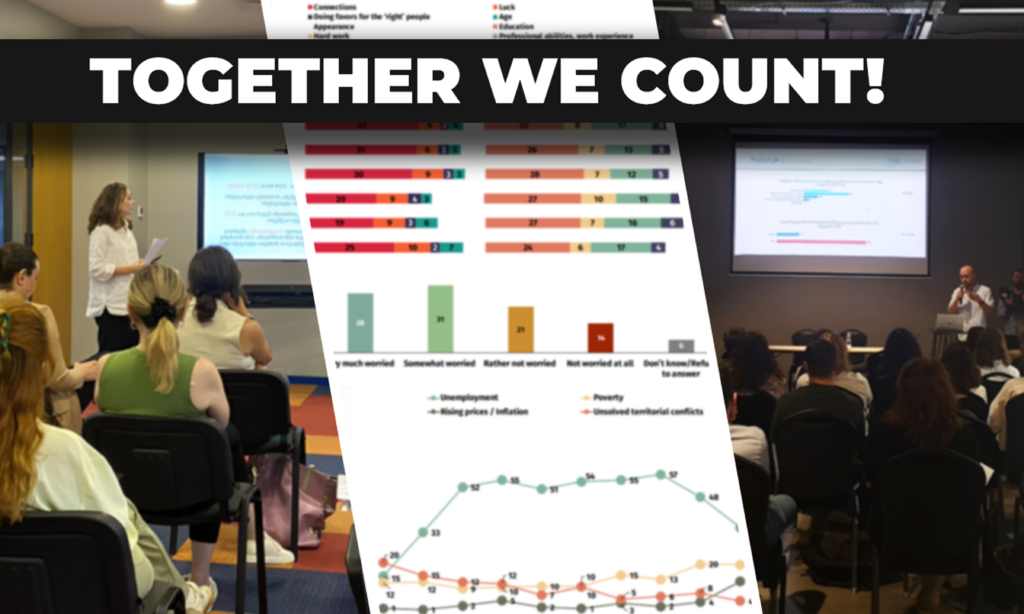Pre-election polling has become an increasingly big business in the South Caucasus. The Armenian elections, scheduled for May 12, again illustrate this. Much of the polling appears like a quick job with little attention to scholarly rigor. However, the results from these polls are often presented as gospel, particularly in local media outlets. The article quoted below was put on the wire by ARKA, an Armenian news agency.
The findings themselves could be interesting. But there are many problems in talking about “Armenia’s population”, and these data should be taken with more than a grain a of salt. I personally would like to to know what “excessively intense” means and what this actually tells us about the election. As a rule, it would be great if journalists asked who funded this research.
43.2% OF ARMENIA’S POPULATION ESTIMATE ELECTION CAMPAIGN AS EXCESSIVELY TENSE 18 April 2007, ARKA – News (Armenia) English (c) 2007 ARKA News Agency YEREVAN
43.2% of Armenia’s population estimate the election campaign as excessively tense, said Director of Independent Sociological Centre “Sociometer” Aharon Adibekyan, when introducing the results of the sociological research. He said that 34% of the respondents think that the political propaganda is conducted in the usual regime without deviations. According to the survey, 9.7% of the electorate thinks that the propaganda is conducted coarsely and importunately, and 8.3% – lower of the moral norms.
The survey was conducted in 19 big cities of Armenia and 8 Yerevan communities. The total number of respondents made 1,500, statistical error is not more than 1%. Centre “Sociometer” intends conducting three more sociological surveys on the parliamentary elections in Armenia – in Yerevan, in the rural regions of Armenia and the final survey, including the voters throughout the country.
Local media would probably increase their authority if they contextualised data for their readers. EurasiaNet carries a comprehensive article highlighting the lack of professional polling, and contrasting it with widespread apathy. Surely that apathy in part is also a result of the lack of any reliable information.










